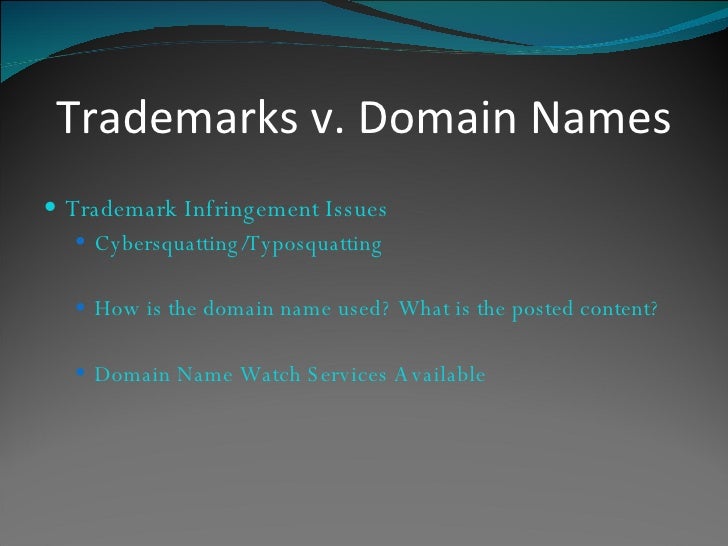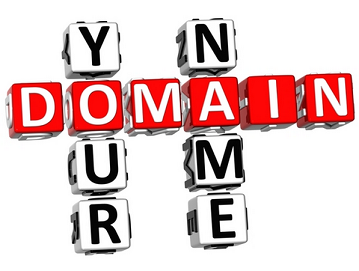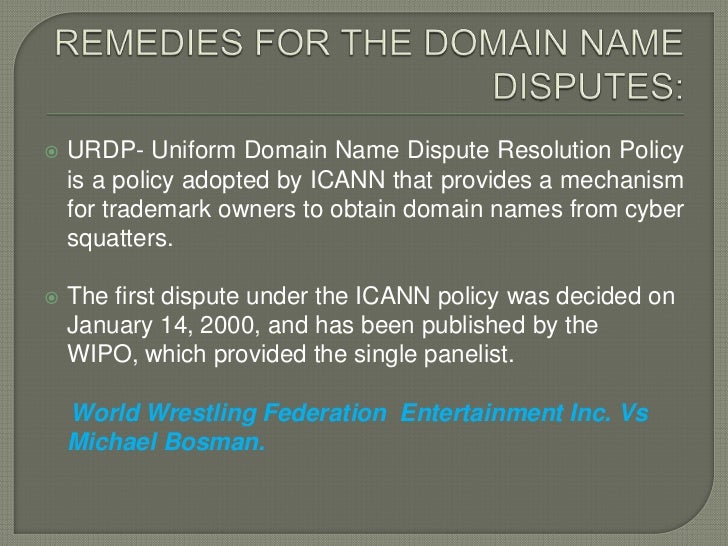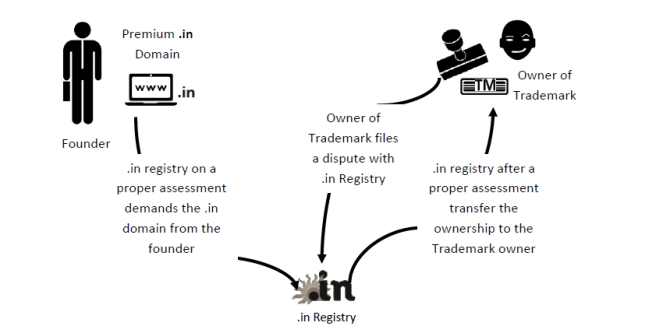Domain Name Disputes And Trademark Law India

Domain name disputes and cybersquatting in india part i.
Domain name disputes and trademark law india. The bloomberg site cases hold some very important lessons for trademark owners in domain name disputes. A domain trademark dispute is a legal issue that arises between two businesses that are trying to use the same domain name. Prior to november 1999 domain name disputes in the united states were decided by courts under three primary theories of trademark law. Not every domain name is appropriate for a urs or udrp case especially if the domain name contains a trademark that has multiple other uses and there is no evidence that the domain name was registered or is being used in bad faith.
Domain name disputes largely comprise of cybersquatting which means registration of someone s trademark business name trade name by third parties as domain names. Protection of domain name in india in india domain names may be granted protection as a trademark under the provisions of trademarks act 1999 provided that the domain name fulfils all requirements to be properly registered under the act. All domain name registrars must follow the icann s uniform domain name dispute resolution policy udrp. However domain names may be considered trademarks based on use and brand reputation.
Trademark and domain name although sound similar are distinct but both are interrelated. In india no legislation explicitly describes cybersquatting or other domain name disputes. In such a scenario what is the law on which country s law the court would rely in. The domain name yahoo india could be perceived as an extension of services of yahoo.
Domain name hold a good importance as there can be only one user of a domain name unlike the trademark law where there can be two or more users of a same or similar trademark for various classes of goods and services under the honest concurrent use if such use does not amount to. In india no legislation explicitly describes cybersquatting or other domain name disputes. The information technology act 2000 it act which addresses many cybercrimes oddly ignores the problem of domain name disputes and cybersquatting. The first claim is traditional trademark infringement which requires that the allegedly infringing use cause a likelihood of consumer confusion.
Every country has different laws with respect to settling disputes. However domain names may be considered trademarks based on use and brand reputation. Named as the uniform domain name disputes resolution policy udndr policy. Domain names can face two different types of disputes.
The information technology act 2000 it act which addresses many cybercrimes oddly ignores the problem of domain name disputes and cybersquatting.

















